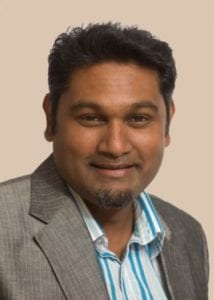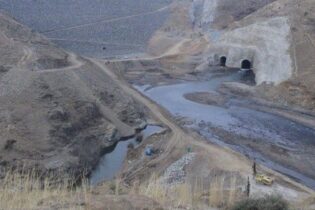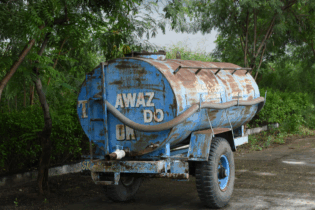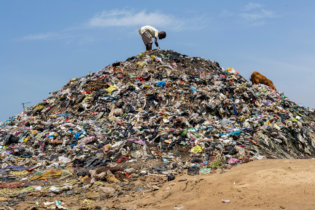
Dhesigen Naidoo WRC CEO recently led a delegation to India to formalise a needs-based knowledge partnership
The aim of the collaboration is to strengthen advocacy campaigns and community engagement and to share lessons in focused research areas of mutual interest.
Areas that will be explored include water-sensitive design and planning; (rainwater harvesting, decentralised wastewater treatment and faecal sludge/septage management), water–energy issues and climate change, as well as green innovations.
Knowledge-sharing workshop
A knowledge-sharing workshop was held on 4 February 2016 comprising of the Water Research Commission (WRC), Rand Water, Department of Science and Technology (DST), Department of Water affairs and Sanitation (DWS) and representatives from India that included the ministry of urban development, ministry of environment and forests, ministry of water resources, state governments and urban local bodies.
One of the topics which were discussed by leading academics, researchers and independent experts involved in sustainable water-waste water/septage management, was the mainstreaming faecal waste management and mainstreaming water-sensitive urban design and planning, opportunities and challenges.
Focus on next- generation toilet technology
“The provision of full waterborne systems may not be realistic or achievable in the short term and even in the long term in many developing countries. The focus must be on next- generation toilet technology eradicating the current ‘flush-and-dispose’ and ‘drop-and-store’ methods, noted Dhesigen Naidoo WRC CEO.
“The new generation of technologies ultimately aim to eliminate human waste at the source. We cannot continue to flush away valuable and scarce fresh water, creating more downstream challenges in terms of water treatment and water quality,” he said.
Jayant Bhagwan from WRC discussed new innovation and tools in the management of faecal sludge by the Ethekweni Metro. He said the model also saw human waste as a resource.
Other areas of discussion centred on rapid urbanisation that enhanced the sanitation crisis, the lack of data to inform strategies to mitigate risks of faecal exposure in developing countries and the high cost implications to faecal management creating a divide between the rich and the poor.







